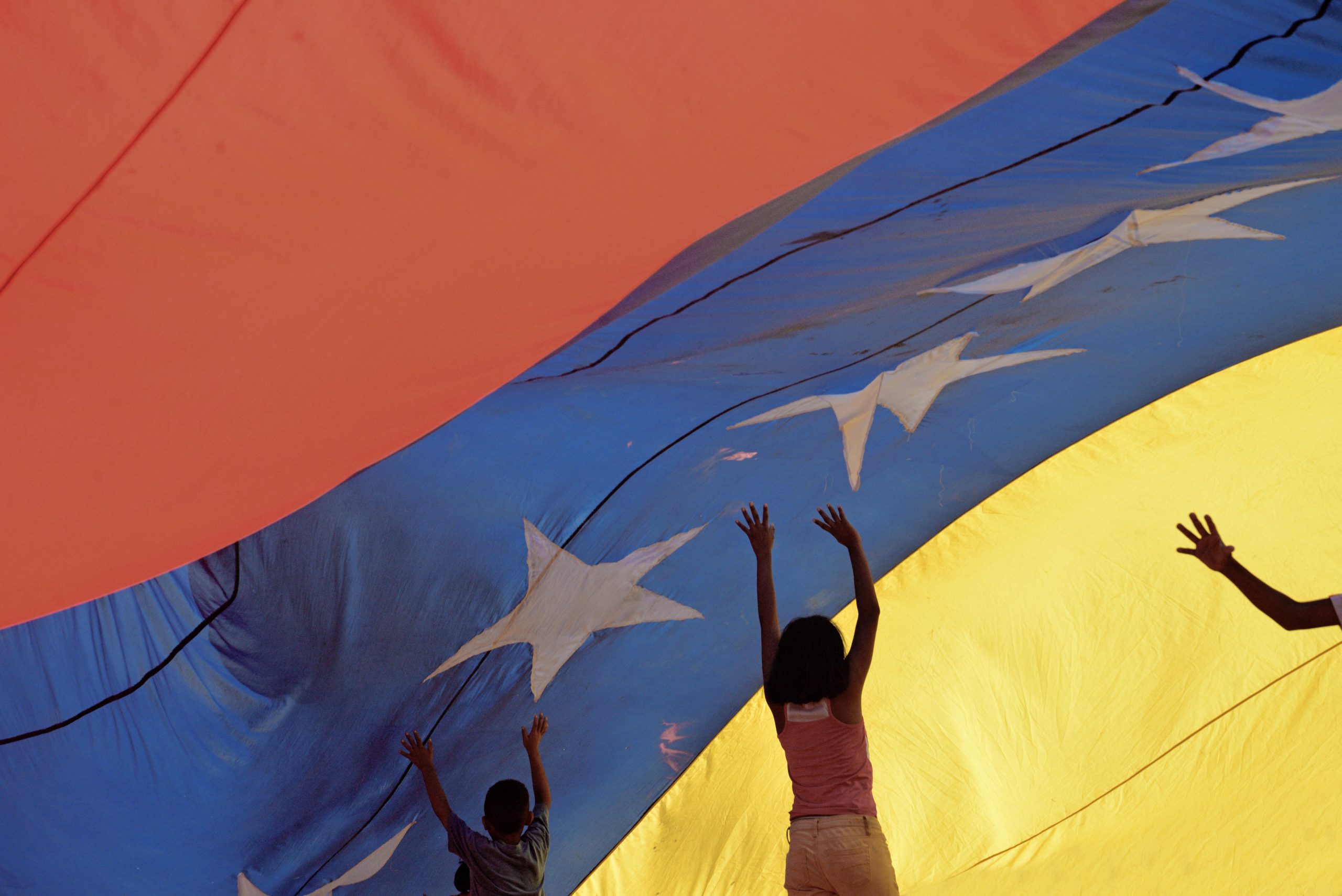The review of Venezuela by the Human Rights Committee should provide the State with the opportunity to speak to its record of compliance with the International Covenant on Civil and Political Rights and receive recommendations for improvement from Committee experts. The Venezuelan delegation instead chose to undermine the Committee at every stage, leading Committee member Carlos Gómez Martínez to call on the Chair of the Committee for protection.
‘This was one of the most shocking displays of invective by a State toward UN experts I’ve seen’, said ISHR’s Eleanor Openshaw. ‘The insults directed to Committee members show not only a lack of cooperation – something also clear in its dealings with the fact-finding mission – but also that it actively and publicly commits reprisals against UN experts.’
During her first intervention, Committee member Hélène Tigroudja spoke with concern about reports of civil society representatives travelling to Geneva for the session being interrogated at the airport by members of the Bolivarian Intelligence Service.
‘Civil society has the right to engage freely and safely with human rights mechanisms,’ said Openshaw. ‘Venezuela must ensure the safety and wellbeing of those travelling back home after the session.’
Committee members covered much ground during their questioning of Venezuela in this 5th review by the Committee, many of which spoke to concerns raised by Venezuelan human rights organisations in the context of the review. These included the independence of the judiciary, widespread corruption, restrictions on freedom of expression and restrictions on civic space.
The Committee noted that its questions would examine whether the existing ‘’technical collaboration’’ with the International Criminal Court and OHCHR in the country would be sufficient to ensure the safety of civil society representatives during the current pre-electoral period that Venezuela is living.
Now that the review is concluded, the Committee will provide Venezuela with concluding observations: an evaluation of the ability to exercise civil and political rights in the country, and a series of recommendations on how to improve implementation of the Convention.




